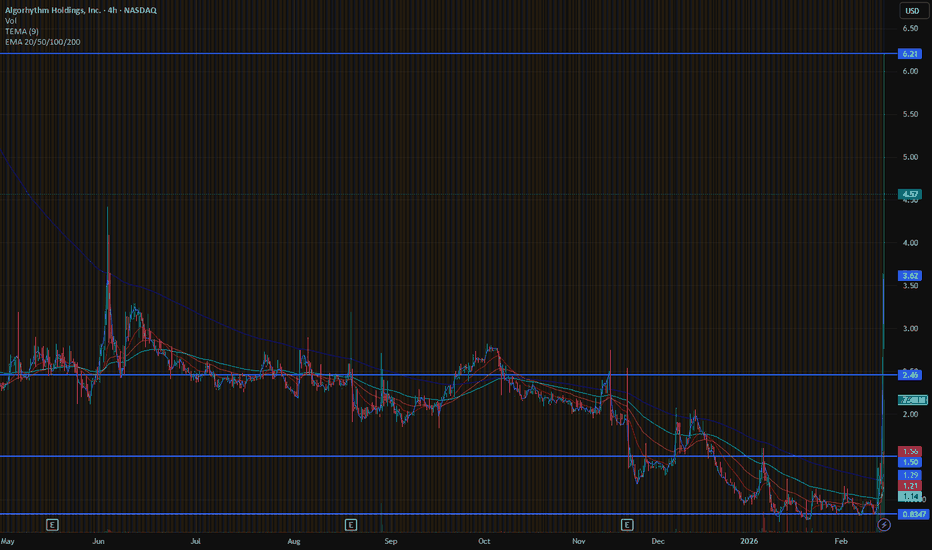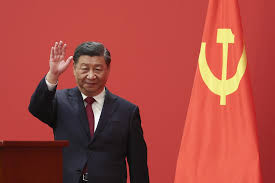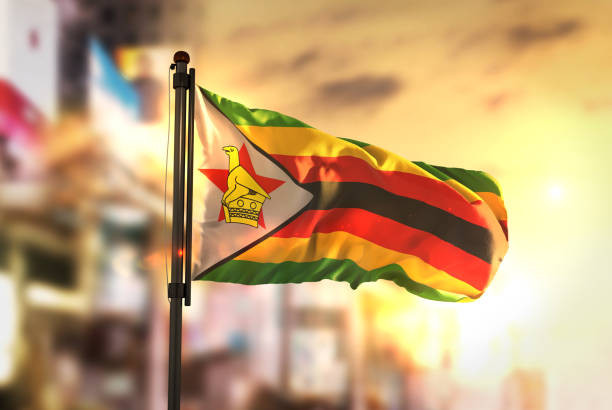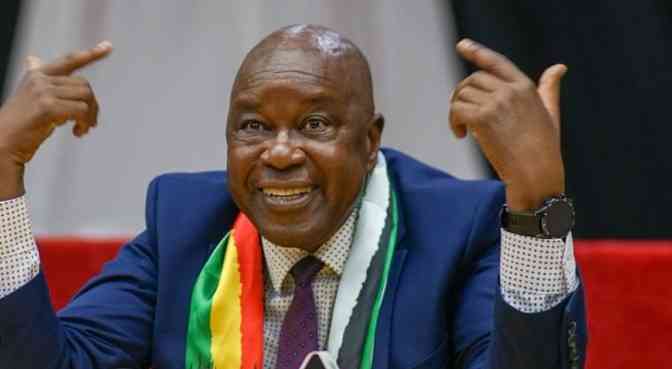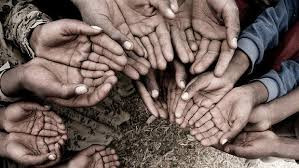
Proverbs 13:23 says, “Much food is in the tillage of the poor, but it is swept away by injustice.” This verse reveals a profound truth: every individual, regardless of their background, has access to the potential for wealth. Every land, including those often labeled as impoverished, holds within it the capacity to sustain and bless its inhabitants.
When God places a person in a nation—whether Zimbabwe, Nigeria, or any other part of the world—He also places enough resources, opportunities, and provision within that land for that individual to thrive. The presence of people in a region is proof that there is purpose and provision in that space. The scripture makes it clear: there is much food in the tillage of the poor. In other words, even the poor possess fields capable of producing abundance. The issue, however, is not the lack of food or resources. The problem lies in what sweeps that food away—injustice.
It is not poverty of land or lack of opportunity that keeps many nations in lack, but rather the systems of corruption and injustice that prevent people from benefiting from what is already available. This is especially evident across many African nations, where despite the abundance of natural resources, the masses remain impoverished. The challenge is not the soil, but the structures; not the absence of supply, but the mismanagement of what already exists.
The scripture points to injustice as the thief. This injustice manifests in corruption, poor governance, and leadership that prioritizes self-interest over public service. It is not uncommon for leaders, once elected by hopeful citizens, to lose sight of the people they were called to serve. When leaders fail to establish systems that allow the poor to benefit from the land’s resources, the people suffer. Hope fades, and dreams are lost.
Leadership is not about position—it is about responsibility. It is a divine trust. Those entrusted with the care of a nation are responsible for ensuring that the systems in place empower the vulnerable and unlock the potential of the land. Leadership becomes toxic when it serves only the few at the expense of the many. Corruption is not merely theft—it is selfishness institutionalised.
In Africa, the cry for better governance is often mistaken as rebellion or ungratefulness, when in truth it is a demand for accountability. People elect leaders with expectations—hopes for change, progress, and national revival. But when those hopes are repeatedly disappointed, hearts grow weary. As Scripture says, “Hope deferred makes the heart sick.” The widespread frustration we see among citizens is not born from entitlement, but from broken promises and failed leadership.
A good leader understands that their role is not to dominate but to facilitate growth. They are stewards of vision, charged with building environments where potential can thrive. Until African leadership embraces this mindset—one of accountability, selflessness, and service—we will continue to see our abundance swept away.
Africa is not a poor continent; it is a continent with poor leadership. The fields are rich, the resources are plentiful, and the people are capable. But injustice continues to rob the poor of their inheritance. The answer lies not in foreign aid, but in righteous leadership—leaders who fear God, love the people, and build systems that benefit all.
- Open letter to President Mnangagwa
- Feature: ‘It’s worse right now than under Mugabe’: Sikhala pays the price of opposition in solitary cell
- Masvingo turns down fire tender deal
- Human-wildlife conflict drive African wild dogs to extinction
Keep Reading
My prayer is that across the nations of Africa, we will see the rise of such leaders. Leaders who understand that their calling is not to rule, but to serve. Leaders who will restore the hopes of the people, harness the wealth of the land, and bring to manifestation the dreams that God has for every nation. May the tillage of the poor no longer be swept away—but rather yield its full harvest, for the good of all.
Injustice feeds poverty
Proverbs 13:23 says, “Much food is in the tillage of the poor, but it is swept away by injustice.” This verse reveals a profound truth: every individual, regardless of their background, has access to the potential for wealth. Every land, including those often labeled as impoverished, holds within it the capacity to sustain and bless its inhabitants.
When God places a person in a nation—whether Zimbabwe, Nigeria, or any other part of the world—He also places enough resources, opportunities, and provision within that land for that individual to thrive. The presence of people in a region is proof that there is purpose and provision in that space. The scripture makes it clear: there is much food in the tillage of the poor. In other words, even the poor possess fields capable of producing abundance. The issue, however, is not the lack of food or resources. The problem lies in what sweeps that food away—injustice.
It is not poverty of land or lack of opportunity that keeps many nations in lack, but rather the systems of corruption and injustice that prevent people from benefiting from what is already available. This is especially evident across many African nations, where despite the abundance of natural resources, the masses remain impoverished. The challenge is not the soil, but the structures; not the absence of supply, but the mismanagement of what already exists.
The scripture points to injustice as the thief. This injustice manifests in corruption, poor governance, and leadership that prioritizes self-interest over public service. It is not uncommon for leaders, once elected by hopeful citizens, to lose sight of the people they were called to serve. When leaders fail to establish systems that allow the poor to benefit from the land’s resources, the people suffer. Hope fades, and dreams are lost.
Leadership is not about position—it is about responsibility. It is a divine trust. Those entrusted with the care of a nation are responsible for ensuring that the systems in place empower the vulnerable and unlock the potential of the land. Leadership becomes toxic when it serves only the few at the expense of the many. Corruption is not merely theft—it is selfishness institutionalized.
In Africa, the cry for better governance is often mistaken as rebellion or ungratefulness, when in truth it is a demand for accountability. People elect leaders with expectations—hopes for change, progress, and national revival. But when those hopes are repeatedly disappointed, hearts grow weary. As Scripture says, “Hope deferred makes the heart sick.” The widespread frustration we see among citizens is not born from entitlement, but from broken promises and failed leadership.
A good leader understands that their role is not to dominate but to facilitate growth. They are stewards of vision, charged with building environments where potential can thrive. Until African leadership embraces this mindset—one of accountability, selflessness, and service—we will continue to see our abundance swept away.
Africa is not a poor continent; it is a continent with poor leadership. The fields are rich, the resources are plentiful, and the people are capable. But injustice continues to rob the poor of their inheritance. The answer lies not in foreign aid, but in righteous leadership—leaders who fear God, love the people, and build systems that benefit all.
My prayer is that across the nations of Africa, we will see the rise of such leaders. Leaders who understand that their calling is not to rule, but to serve. Leaders who will restore the hopes of the people, harness the wealth of the land, and bring to manifestation the dreams that God has for every nation. May the tillage of the poor no longer be swept away—but rather yield its full harvest, for the good of all.

